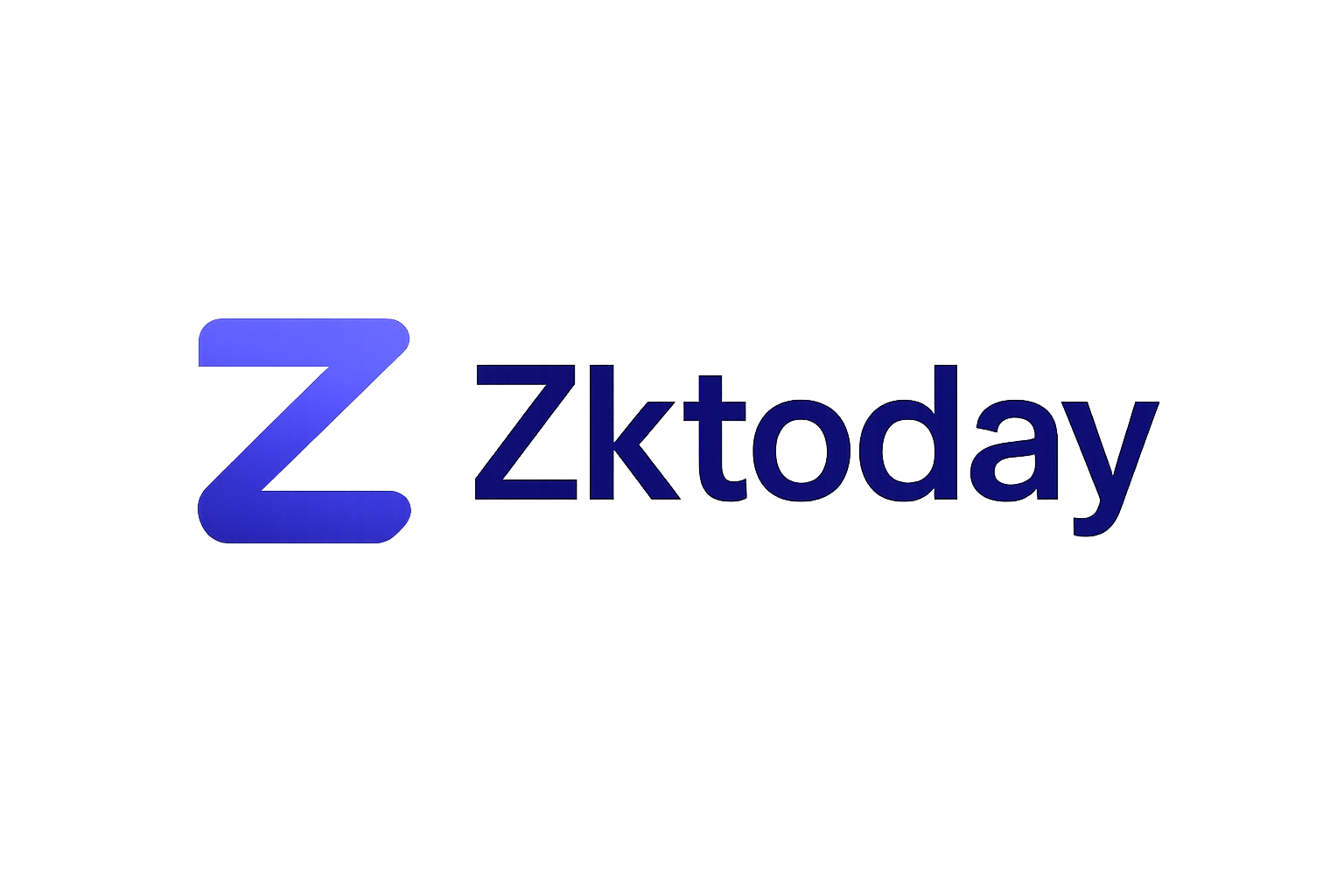
Zero-knowledge proof (ZKP) technology is rapidly transforming blockchain scalability and privacy, yet the cost and speed of verification have remained a persistent bottleneck. The recent mainnet launch of zkVerify, a dedicated Layer 1 blockchain for zero-knowledge proof verification, marks a pivotal moment for modular zk verification. By efficiently verifying over 5.5 million proofs during its incentivized testnet phase, zkVerify has demonstrated not only technical prowess but also the real-world viability of scalable proof verification as a universal service layer.

How zkVerify Reduces ZKP Verification Costs by Over 90%
On legacy networks like Ethereum, verifying a single ZK proof can cost anywhere from $20 to $60, consuming up to 300,000 gas units, an unsustainable expense for applications that require high-frequency or large-scale proof submissions. zkVerify addresses this challenge head-on by offloading the computationally intensive verification process to its specialized infrastructure. According to official sources, this approach slashes verification costs by more than 90% compared to Ethereum, with processing times measured in milliseconds rather than minutes.
This cost efficiency is more than just a technical achievement, it is foundational for unlocking new classes of decentralized applications, particularly those in gaming, DeFi, and data attestation, where frequent and cost-effective proof verification is mission-critical.
The Modular Architecture: Decoupling Proof Verification from Settlement
zkVerify’s architecture embodies the modular blockchain thesis: separating core functions such as execution, settlement, and data availability into specialized layers. Here, zkVerify acts as a universal verification layer that receives proofs from any application or rollup, regardless of its underlying stack, and returns attestations that can be used across multiple destination chains including Ethereum, Base, Arbitrum, and Optimism.
This means developers can verify once on zkVerify and use the resulting attestation on any supported chain without being locked into a single ecosystem. The result is both lower friction for cross-chain interoperability and greater developer flexibility when designing modular zk rollups or privacy-preserving protocols.
Key Benefits of Using zkVerify for Modular ZK Proof Verification
-
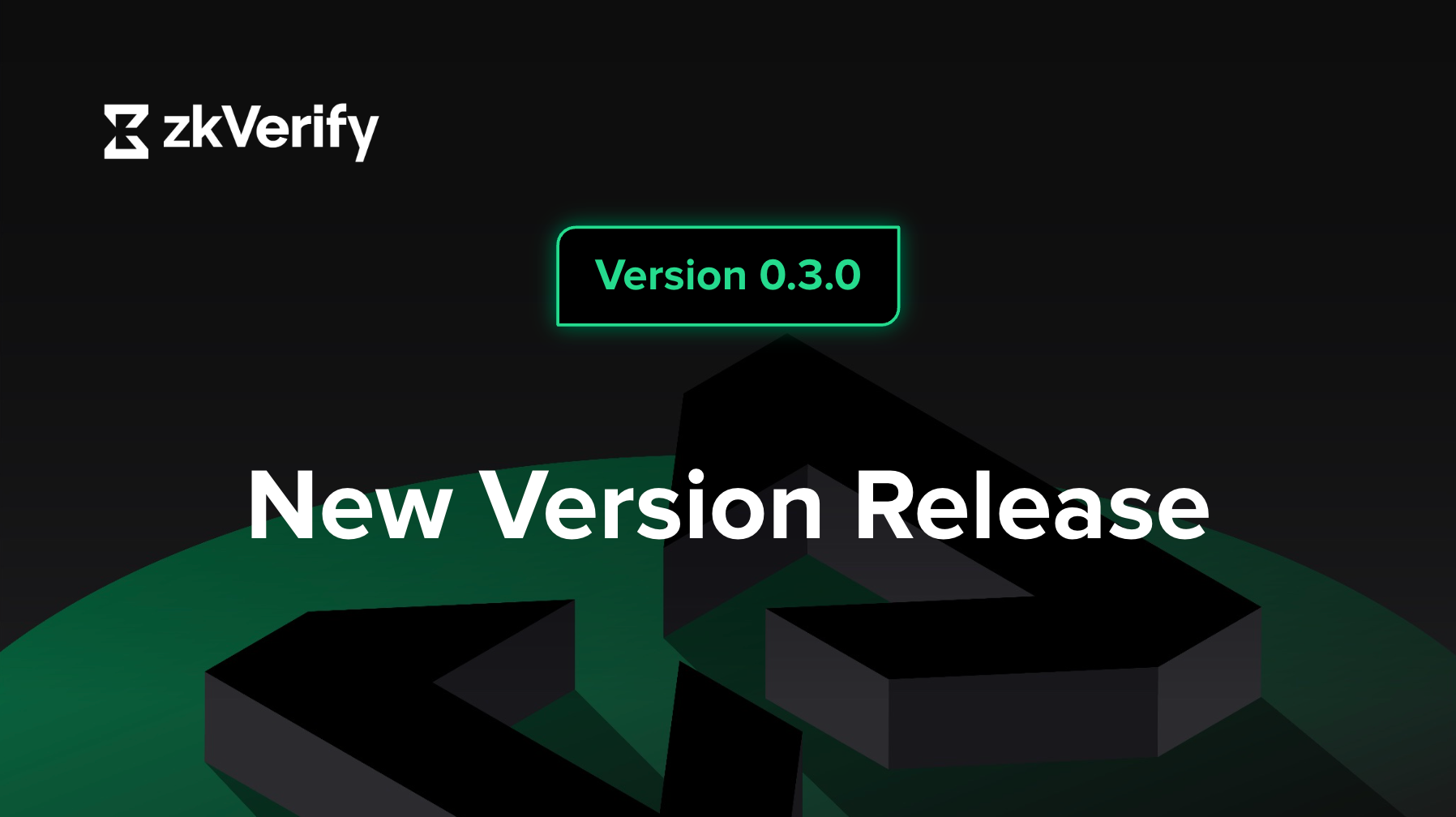
Significant Cost Reduction: zkVerify reduces zero-knowledge proof verification costs by over 90% compared to networks like Ethereum, where verification can cost $20–$60 per proof during congestion. This makes large-scale proof verification economically viable.
-
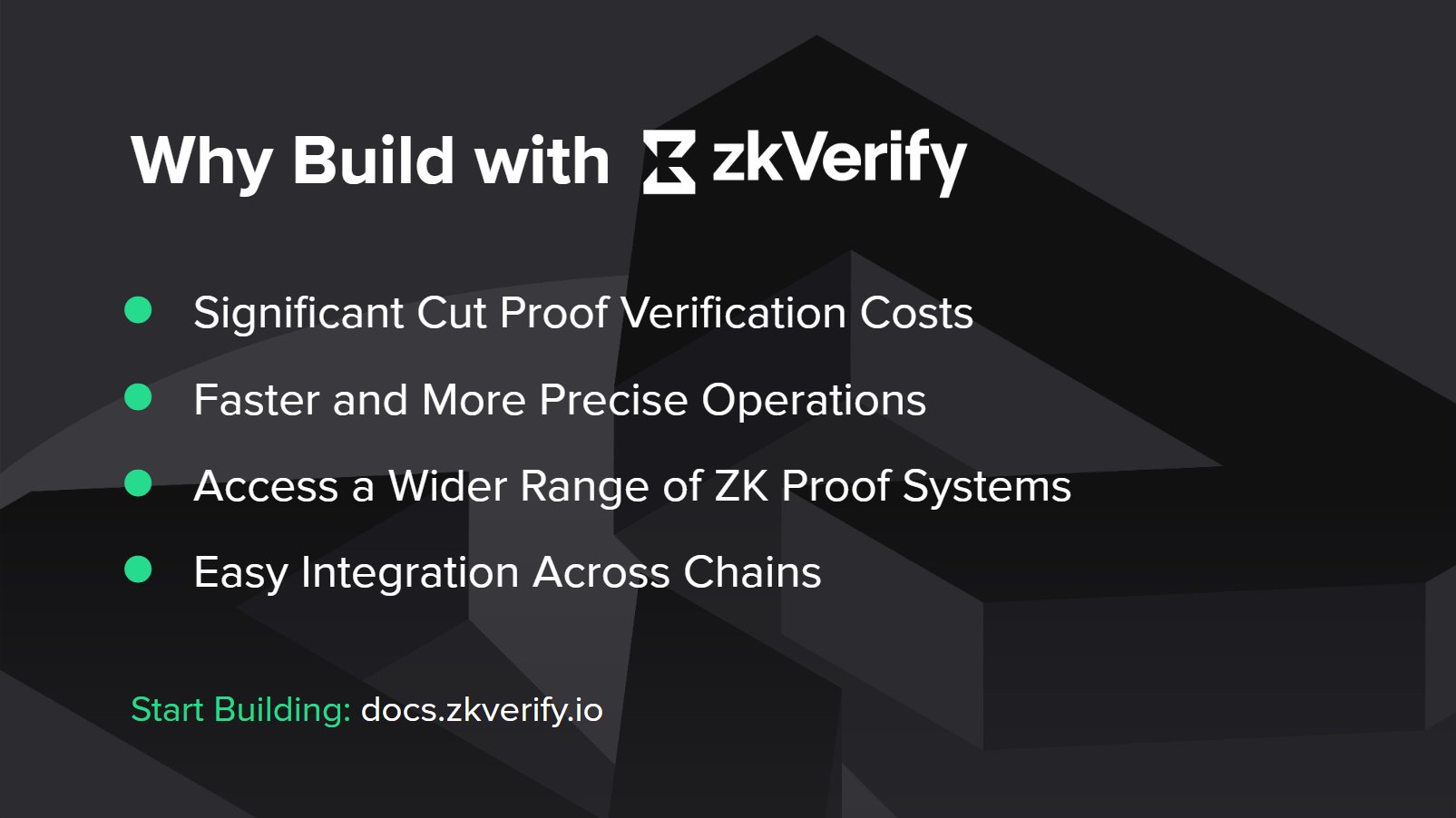
Ultra-Fast Verification: The platform processes ZK proof verifications in milliseconds, enabling high-throughput applications and minimizing latency for developers and end-users.
-
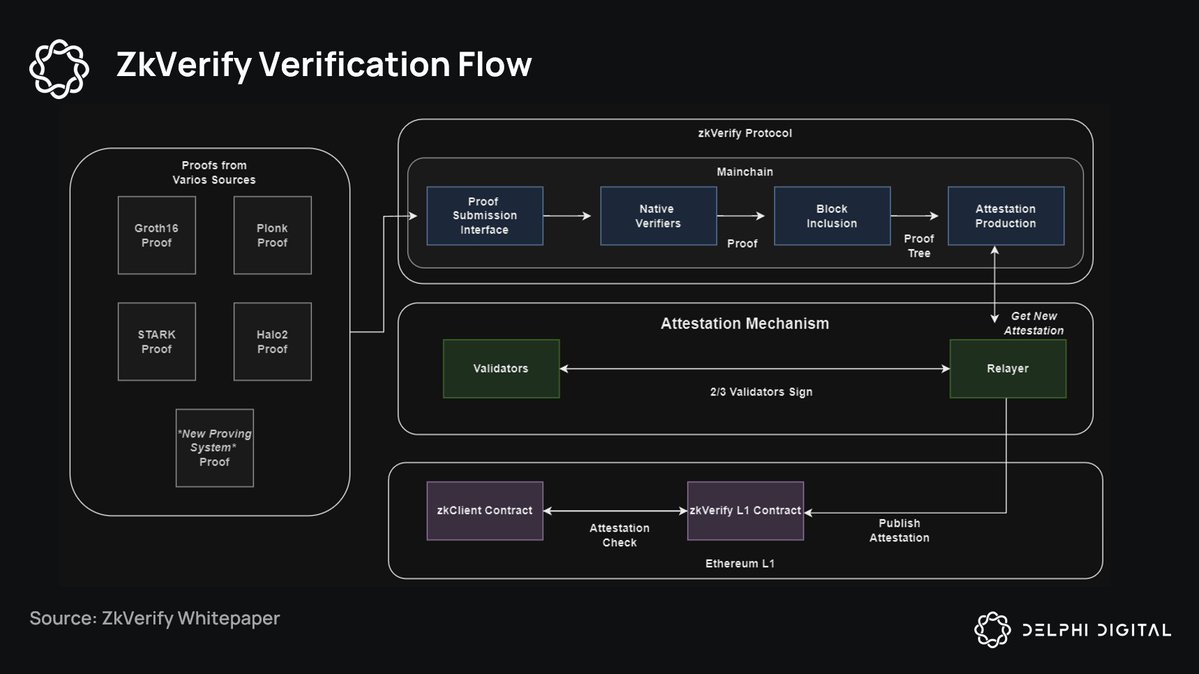
Modular Architecture with Multi-Chain Support: zkVerify decouples proof verification from settlement, allowing developers to verify proofs once and use attestations across multiple blockchains such as Ethereum, Base, Arbitrum, and Optimism.
-
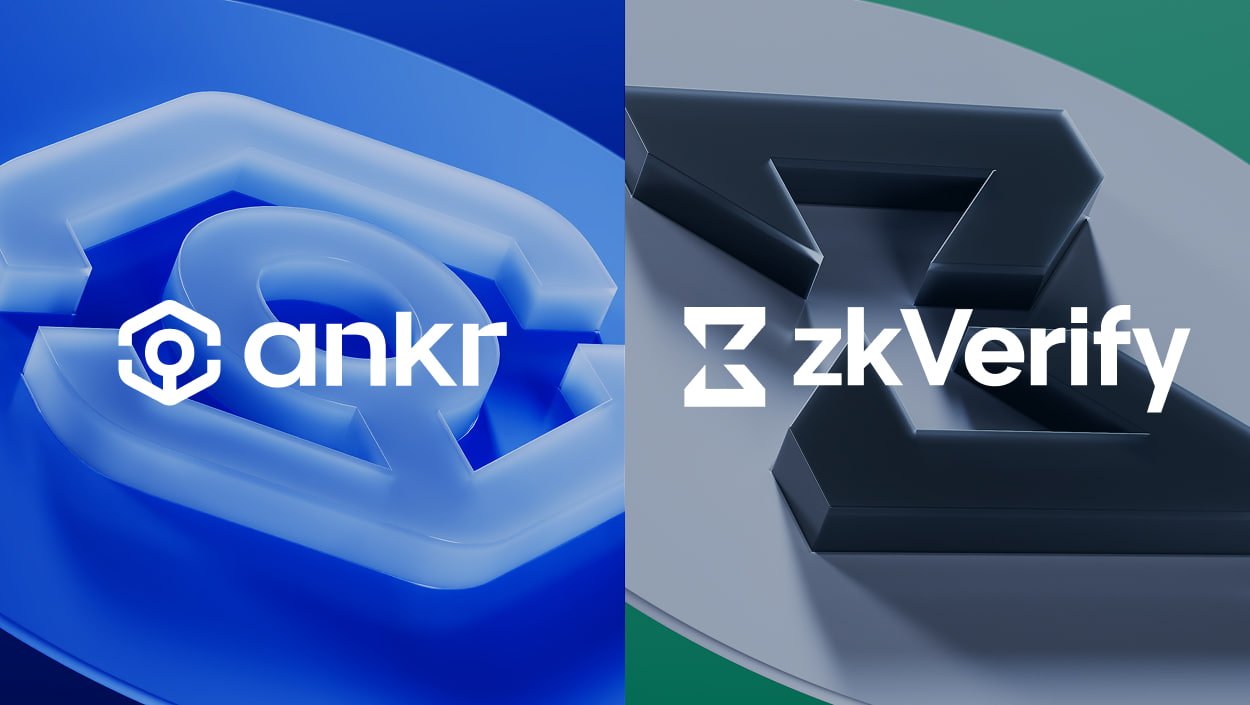
Support for Multiple Proof Systems: zkVerify is compatible with leading ZK proof systems, including Groth16, UltraPlonk, RiscZero, ultrahonk, Space and Time, and SP1, offering flexibility for diverse developer needs.
-
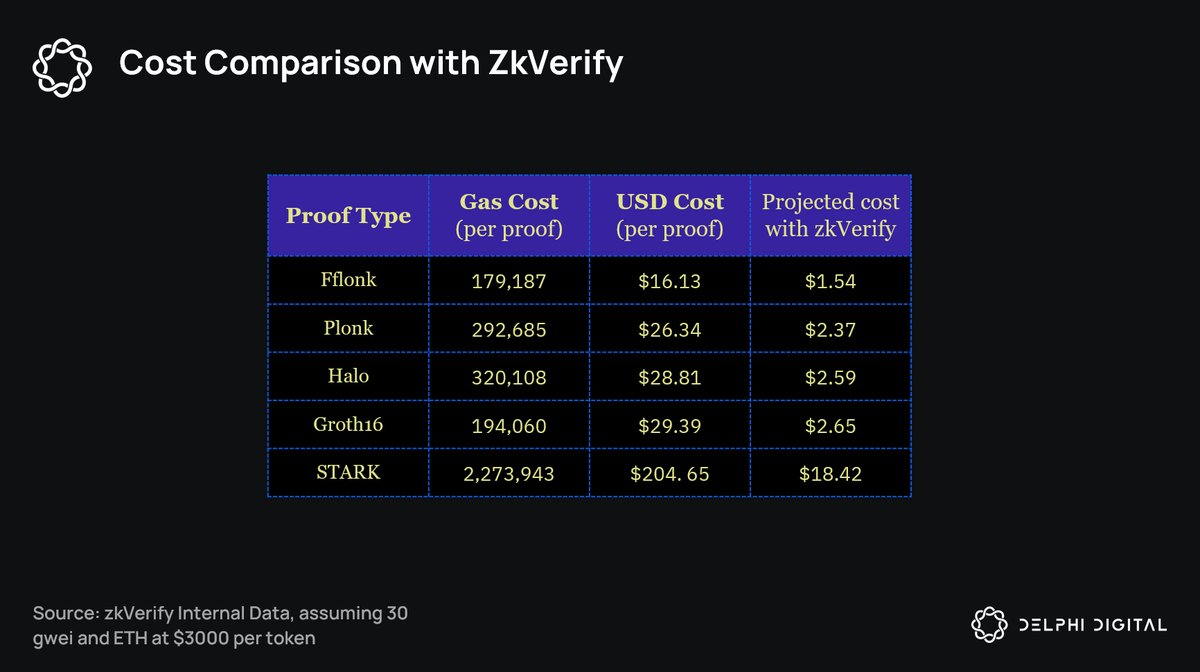
Proven Scalability: Having verified over 5.5 million proofs during its incentivized testnet, zkVerify demonstrates robust scalability and reliability for real-world applications.
-

Real-World Adoption and Ecosystem Integration: zkVerify is already used by projects such as Singularity, Zerobase, Tisura, Phala, and Succinct, supporting applications in gaming, DeFi, data verification, and rollup infrastructure.
Supporting Multiple Proof Systems for Developer Flexibility
A critical differentiator for zkVerify is its support for diverse proof systems including Groth16, UltraPlonk, RiscZero, ultrahonk, Space and Time, and SP1. This wide-ranging compatibility allows developers to select the optimal proving system for their specific use case, be it succinctness for on-chain DeFi transactions or recursive proofs for complex rollup architectures, without being constrained by the limitations of their settlement layer.
This versatility isn’t theoretical; it’s already driving adoption among projects such as Singularity (gaming), Zerobase (data attestation), Tisura (DeFi), Phala (privacy computation), and Succinct (rollup infrastructure). By serving as an agnostic verification backbone across these verticals, zkVerify positions itself at the heart of the emerging modular blockchain landscape.
Beyond technical flexibility, zkVerify’s universal approach significantly streamlines integration for teams seeking to deploy or scale zero-knowledge solutions. Developers can leverage a single, standardized API to submit proofs, monitor verification status, and retrieve attestations, all while maintaining full control over their settlement and execution environments. This not only simplifies the development lifecycle, but also reduces operational risk and maintenance overhead for projects operating across multiple chains.
For enterprises and institutional users, the implications are profound. The ability to offload expensive, resource-intensive proof verification to a dedicated, high-throughput blockchain like zkVerify fundamentally changes the economics of deploying privacy-preserving or scalable applications. With costs reduced by over 90% compared to Ethereum, and verification times measured in milliseconds, applications that were previously cost-prohibitive or technically infeasible now become viable at scale. This is particularly relevant for sectors such as financial services, supply chain, and identity management, where both privacy and throughput are non-negotiable requirements.
Scaling Proof Verification: Real-World Adoption and Ecosystem Impact
zkVerify’s rapid adoption during its testnet phases, verifying over 5.5 million proofs: is a compelling indicator of pent-up demand for scalable zero-knowledge proof verification. Key partners across gaming (Singularity), DeFi (Tisura), data attestation (Zerobase), privacy computation (Phala), and rollup infrastructure (Succinct) have already integrated zkVerify into their workflows. This early traction underscores the platform’s value as a foundational layer for the next wave of modular blockchain applications.
Looking ahead, zkVerify’s success in scaling proof verification is likely to catalyze further innovation across the broader zk rollup and modular blockchain ecosystems. By dramatically lowering costs and removing technical barriers, it enables experimentation with new business models, more complex on-chain logic, and enhanced user privacy, all without sacrificing composability or interoperability.
Why 1 Million Proofs Matters: A New Benchmark for Blockchain Scalability
Surpassing the 1 million proof milestone is more than a headline, it represents a new benchmark for what is technically and economically possible in zero-knowledge infrastructure. As more applications integrate zkVerify, expect to see an acceleration of use cases that were once theoretical, from fully private DeFi primitives to cross-chain attestation markets and on-chain machine learning.
Ultimately, zkVerify’s modular design, broad proof system support, and demonstrated throughput provide a blueprint for how zero-knowledge proof verification can scale alongside the demands of a multi-chain world. As the ecosystem matures, platforms that can deliver cost-efficient, universal verification will be critical enablers of blockchain scalability and privacy, unlocking the full potential of zk rollups and beyond.
